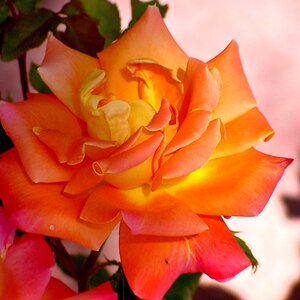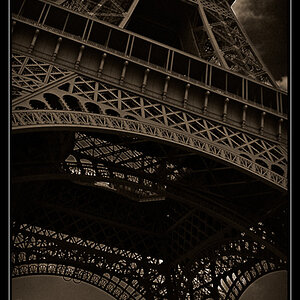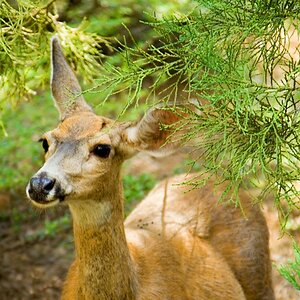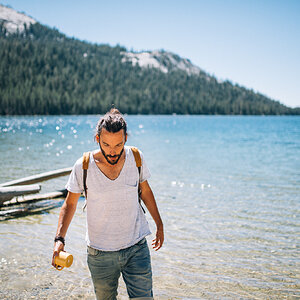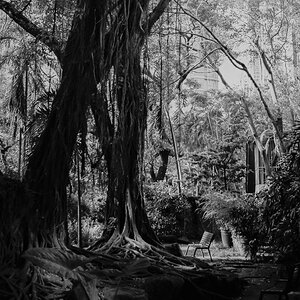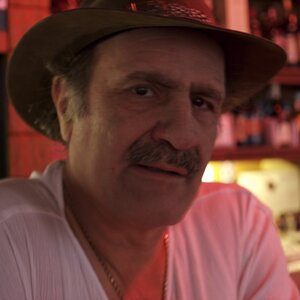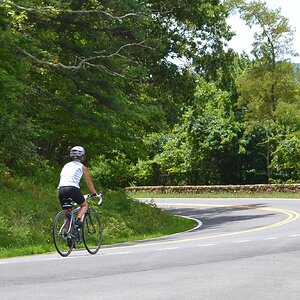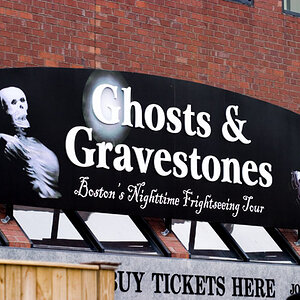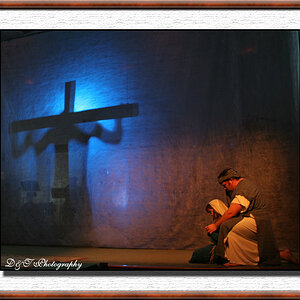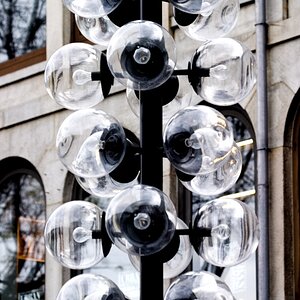- Joined
- Jul 14, 2011
- Messages
- 4,173
- Reaction score
- 2,551
- Can others edit my Photos
- Photos OK to edit
I did some long exposure night shots at high ISO a few days ago and it got me thinking... I'm just wondering which cameras are best with long exposure noise performance at high ISO? I'm assuming full frame cameras like the D700/800, 5d Mark II/III?
What limitations do crop bodies have at high ISO's with long exposures? What is a safe ISO value for Long exposures with crop bodies? And what are your thoughts on Long Exposure noise reduction in camera? Good/bad?
What limitations do crop bodies have at high ISO's with long exposures? What is a safe ISO value for Long exposures with crop bodies? And what are your thoughts on Long Exposure noise reduction in camera? Good/bad?


![[No title]](/data/xfmg/thumbnail/42/42492-60144191c917c21139f8acd72f6ba090.jpg?1619740197)
